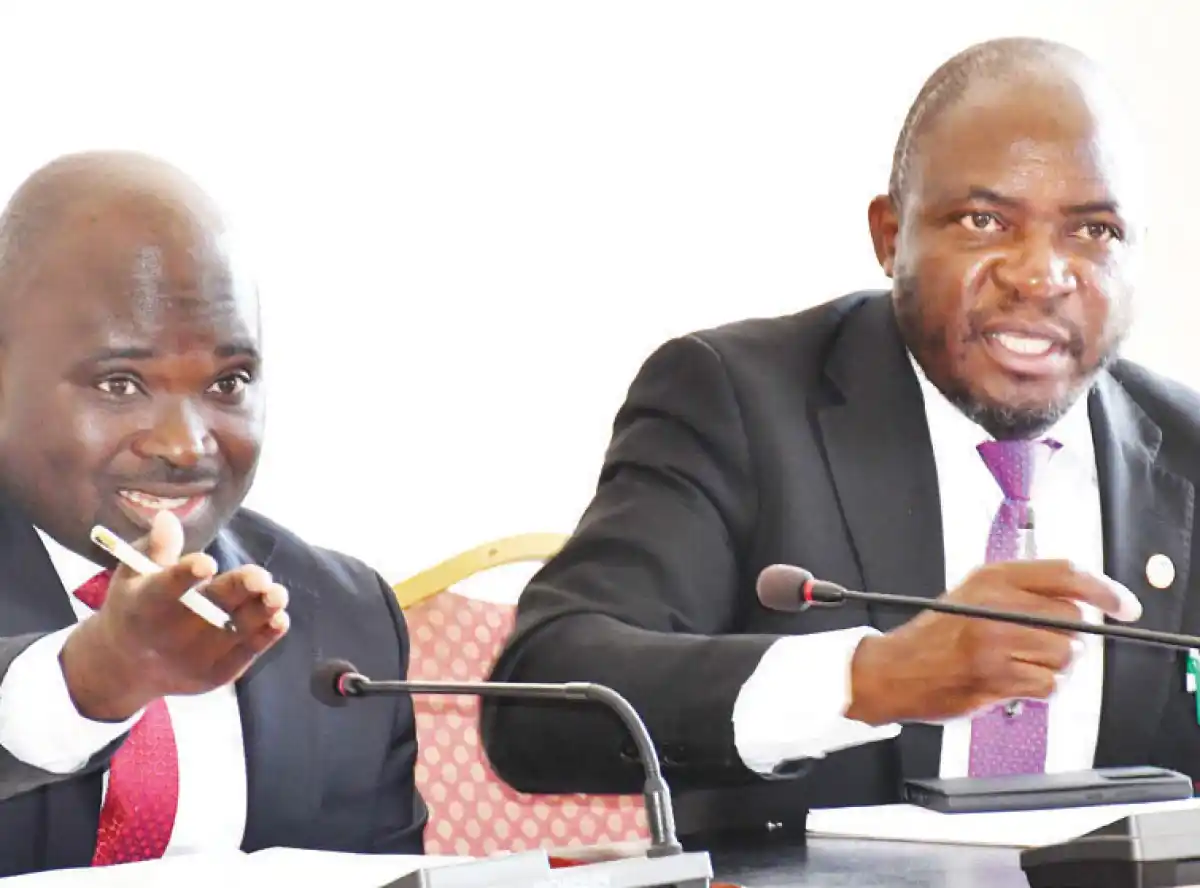

By Thomas Kachere & Feston Malekezo:
The Malawi Human Rights Commission has disclosed that it will carry out a public inquiry into issues of access to justice and judicial accountability.
MHRC Commissioner Chikondi Chijozi says, in a statement, that the decision has been arrived at after noting calls for accountability in the Judiciary, which has a responsibility of interpreting and enforcing provisions of the Constitution.
Chijozi says the inquiry would, among other things, focus on challenges that service users face when accessing justice, current costs of accessing justice and securing legal representation, the impact of such costs on access to, and quality of, justice, the assessment of judicial accountability, integrity and competency and the need for any change in laws, policies and practices in addressing issues related to access to justice.
“The accountability of the Judiciary has a bearing on the right to access justice, which is provided under section 41 of the Constitution. Where there is an allegation of violation of any right enshrined in the Constitution, the commission is mandated under Section 15(2) of the Constitution. The commission must assist any individual or group of individuals with sufficient interest who wish to further and defend their constitutional rights,” she says.
According to Chijozi, the commission’s mandate is restricted to assessing the effects of corruption on the right to access to justice, such that it does not include an investigation into corruption itself.
However, the commissioner indicates that through the enquiry, the commission will come up with a comprehensive report with in-depth analysis and recommendations to enhance judicial accountability and access to justice.
The commission is, therefore, calling for inputs from the general public and interested organisations to inform it on any issue affecting access to justice and judicial accountability.
Meanwhile, Youth and Society (Yas) has commended MHRC for stepping in to conduct a comprehensive public inquiry into judicial accountability and access to justice in Malawi.

In a statement, Yas Executive Director Charles Kajoloweka says the inquiry is a timely response to growing public concerns and presents a critical step toward addressing systemic barriers that have historically impacted Malawians’ right to fair and equitable justice.
Kajoloweka expressed particular support for the inquiry’s focus on judicial integrity and competency, which he identified as essential components for a fair judicial system that upholds public trust.
“At a time many Malawians, especially those from underrepresented and vulnerable communities, feel disenfranchised by the legal system, MHRC’s investigation represents a powerful affirmation that their voices and experiences matter. It underscores that the justice system should be a guardian of human rights rather than a barrier to them. Yas stands in complete solidarity with this initiative and believes it will provide the basis for long-needed reforms,” he said.
Kajoloweka then urged the government and development partners to provide financial support for the exercise.
As part of ensuring a transparent process, the organization has urged MHRC to include clear timelines for the inquiry.
“Adequate funding is essential to ensuring that MHRC can conduct a thorough, independent and wide-reaching inquiry. For the inquiry to achieve the transformative impact it promises, sustained funding will be paramount,” he said.
Meanwhile, People’s Federation for National Peace and Development (Pefenap) has said access to justice is key to national development efforts, such that any inquiry into alleged problems could go a long way in ensuring that service users trust the Judiciary.
“We, therefore, commend the Chief Justice Rizine Mzikamanda for pledging to look into the issue as one way of ensuring judicial accountability. We also applaud the Malawi Human Rights Commission for weighing in on the issue and committing to investigate issues related to judicial accountability,” said Pefenap Executive Director Edward Chaka.
The inquiry by MHRC comes a few weeks after the Legal Affairs Committee of Parliament announced that it would no longer proceed with investigations into the alleged corrupt dealings in the Judiciary.
The committee’s chairperson Peter Dimba and deputy Yusuf Nthenda said the committee had asked the Judicial Service Commission and MHRC to handle the investigation part.
Public allegations of judicial corruption and miscarriage of justice, initially sparked by lawyer Alexious Kamangira, have fuelled calls for accountability in the Judiciary.


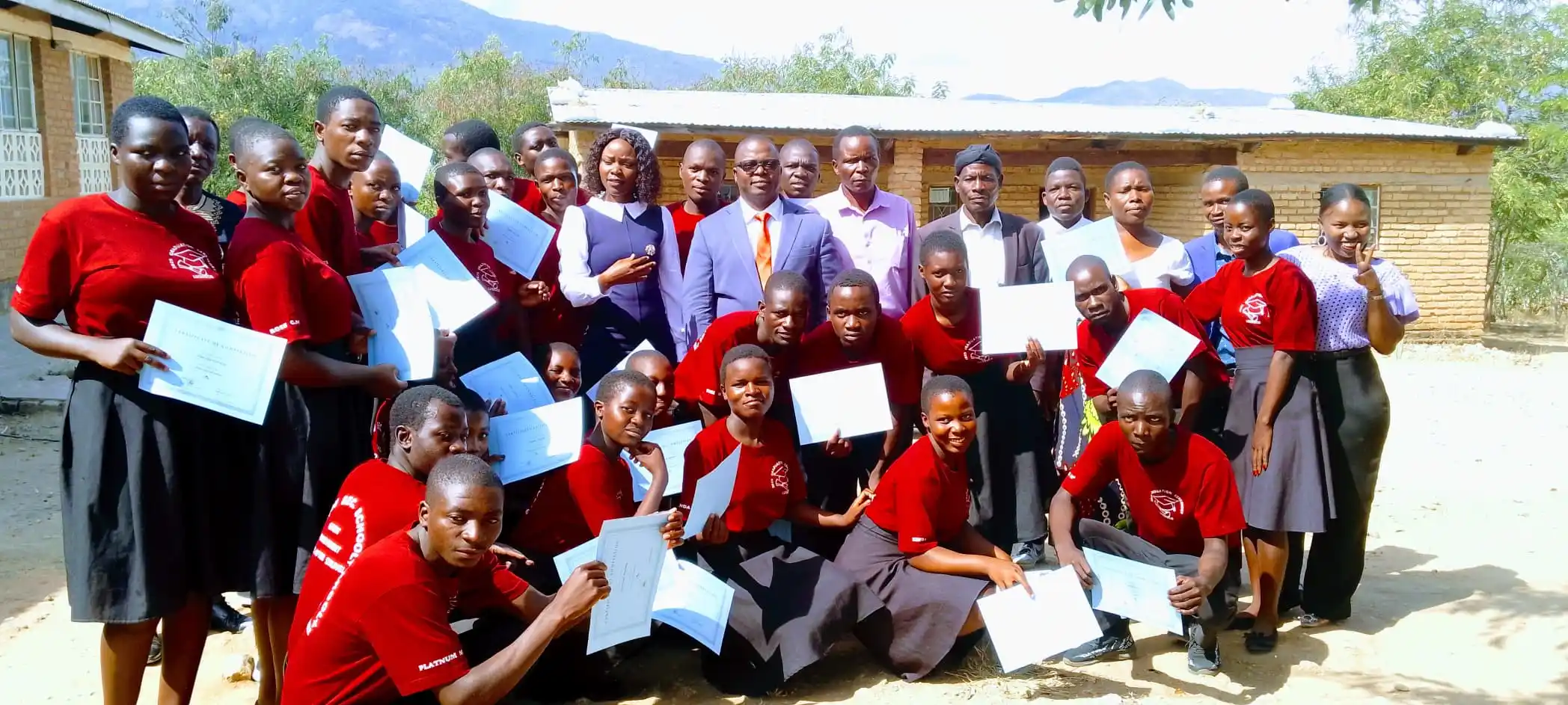
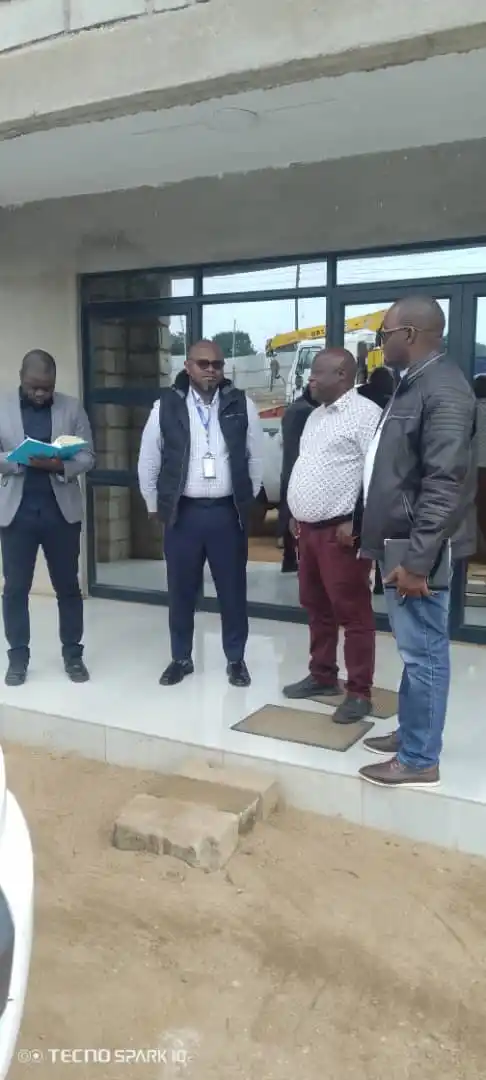
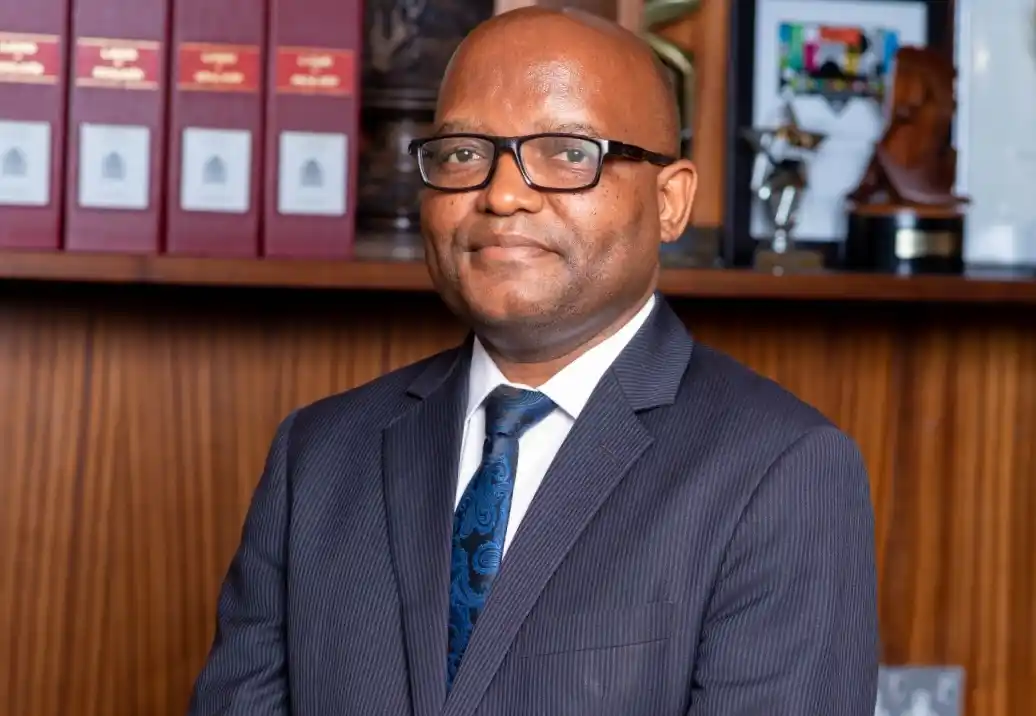


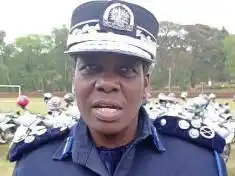
0 Comments